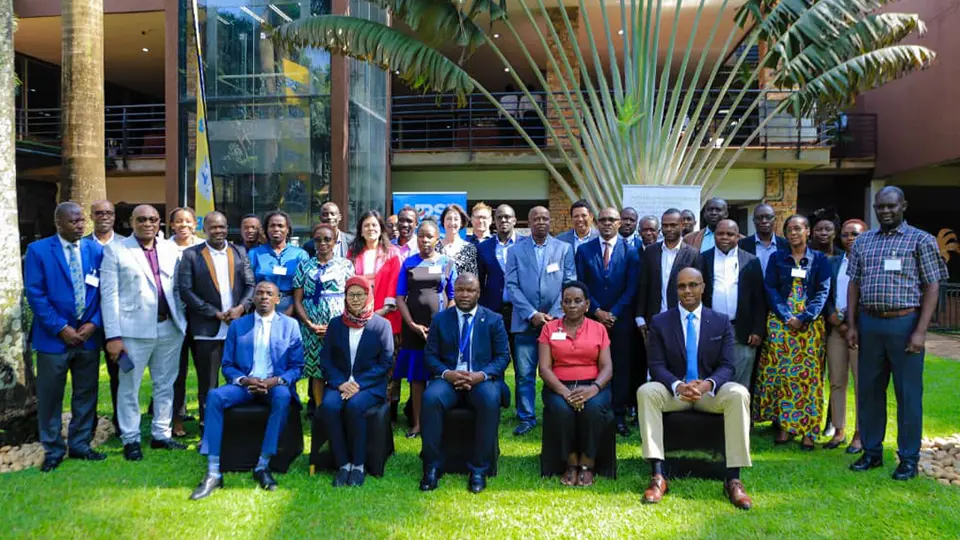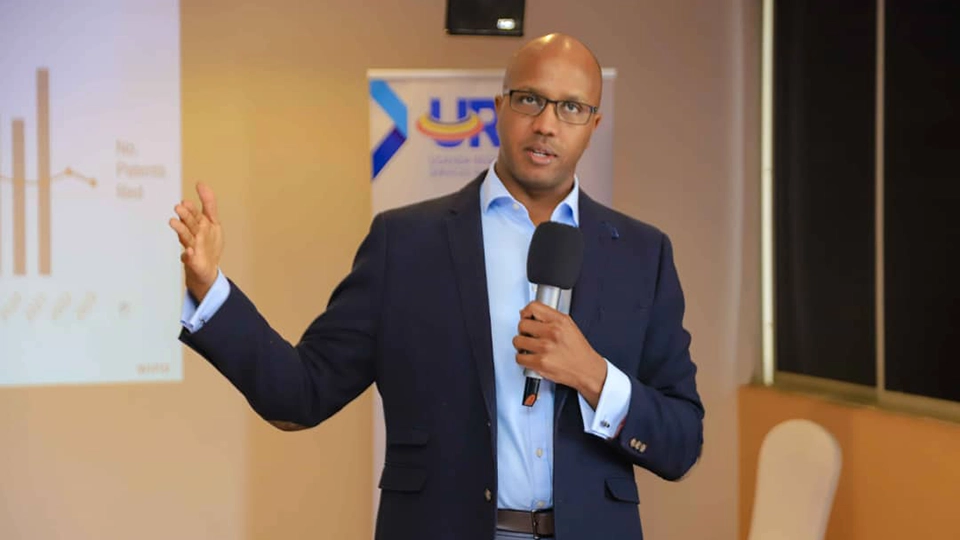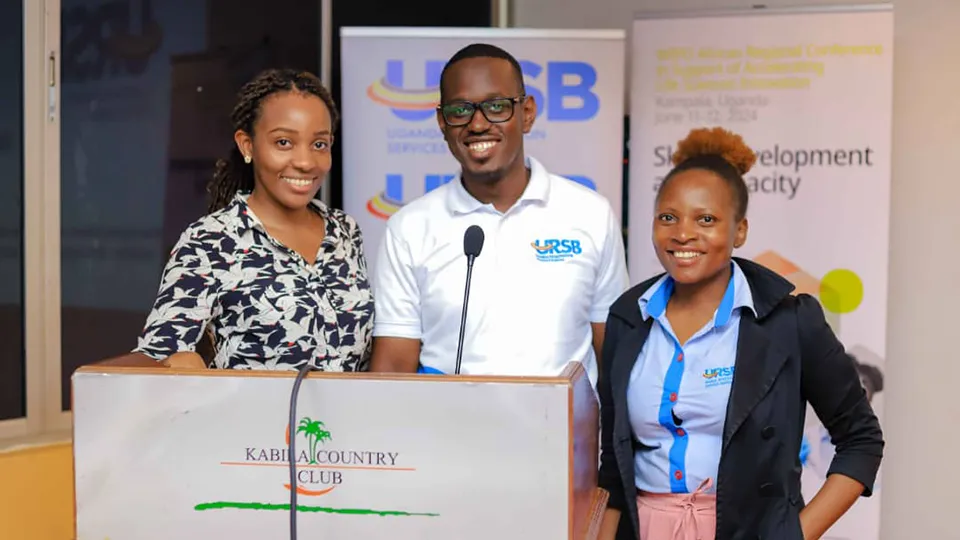WIPO African Regional Conference in Support of Accelerated Life Sciences Innovation in Uganda
June 27, 2024
The World Intellectual Property Organization (WIPO) and the Uganda Registration Services Bureau (URSB) jointly hosted the African Regional Conference in Support of Accelerated Life Sciences Innovation from June 11 to 12, 2024, in Kampala, Uganda.

The conference was attended by over 40 participants from the region, including international experts deeply involved in the life sciences innovation ecosystems. Delegates were welcomed from four African eastern countries, including Ethiopia, Kenya, Rwanda, and the United Republic of Tanzania.
The primary objective of the conference was to provide participants with tools and resources to assist them in the awareness of skills and capacities related to the identification, protection, and management of IP, as well as TT mechanisms, agreements, and strategies relevant to health technologies.
Representing WIPO, Mr. Michael Mbogoro, Head of the Technology Transfer Section, offered a welcome address. His remarks emphasized the importance of using intellectual property to promote collaboration and facilitate it throughout the supply chain. In order to accomplish this goal, IPR holders are allowed to give well-structured access to third parties so that they may develop new and useful technologies.

The conference focused on the following key areas:
- The fundamental knowledge and abilities related to Intellectual Property (IP) and Technology Transfer (TT) within the Life Sciences field,
- Databases and strategies to perform searches for chemical compounds and biological sequences,
- Patent disclosure requirements in the Life Sciences field,
- Introduction to the relevance of genetic resources in the creation of strategies for the management and licensing of IP and TT;
- IP policies relevant to the life sciences.

In summary, the conference succeeded in fostering open discussions and collaboration among representatives from various countries in the African region by effectively nurtured open dialogue and cooperation among delegates from diverse regional backgrounds. It was agreed that, irrespective of national disparities, a shared necessity for strong innovation ecosystems in the life sciences sector unites a broad spectrum of stakeholders, ranging from major biopharmaceutical corporations and biotechnology firms of varying scales to educational institutions, research centers, and government bodies. Notably, IPR remain a cornerstone in facilitating technology transfer and underpinning investments in scientific research, development, and innovation.